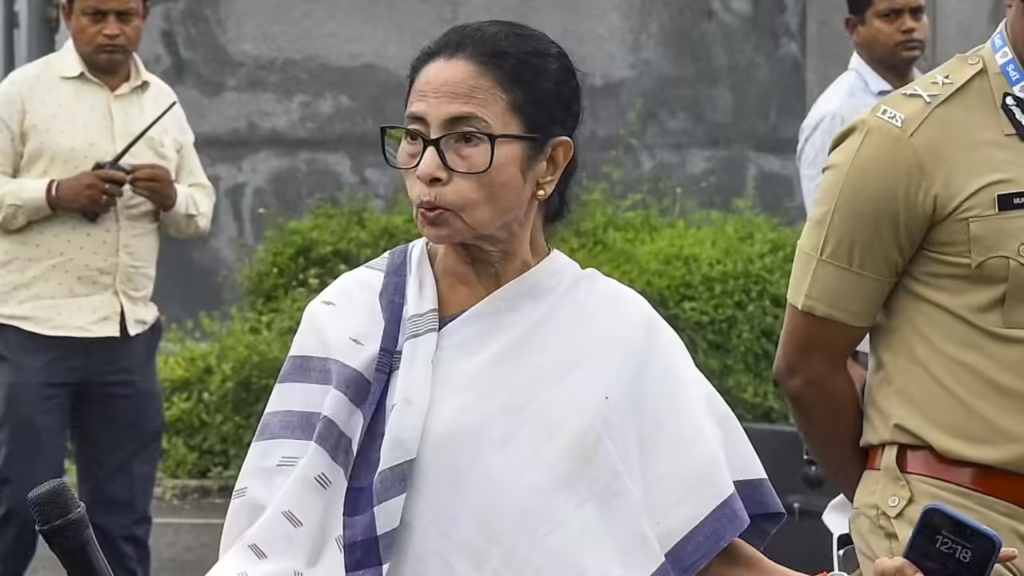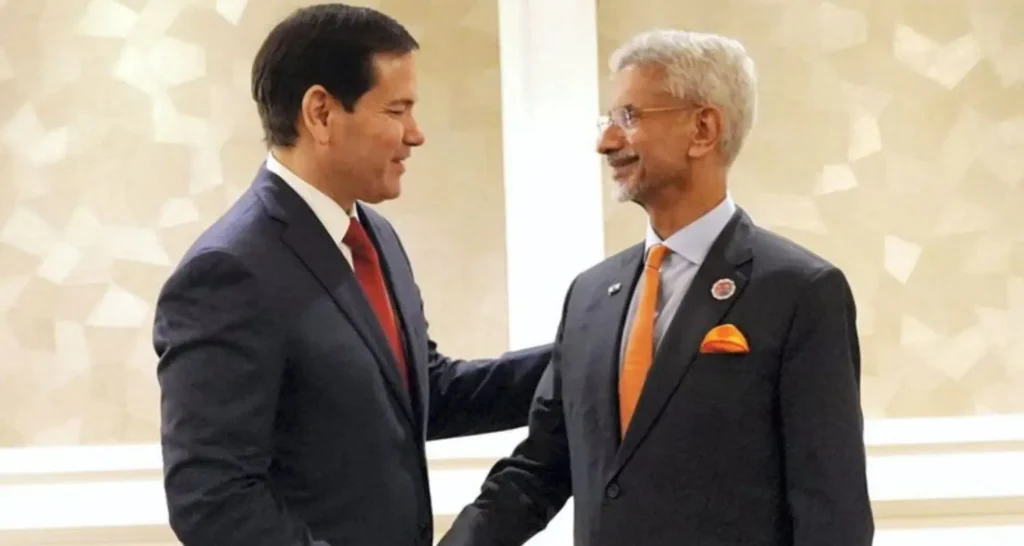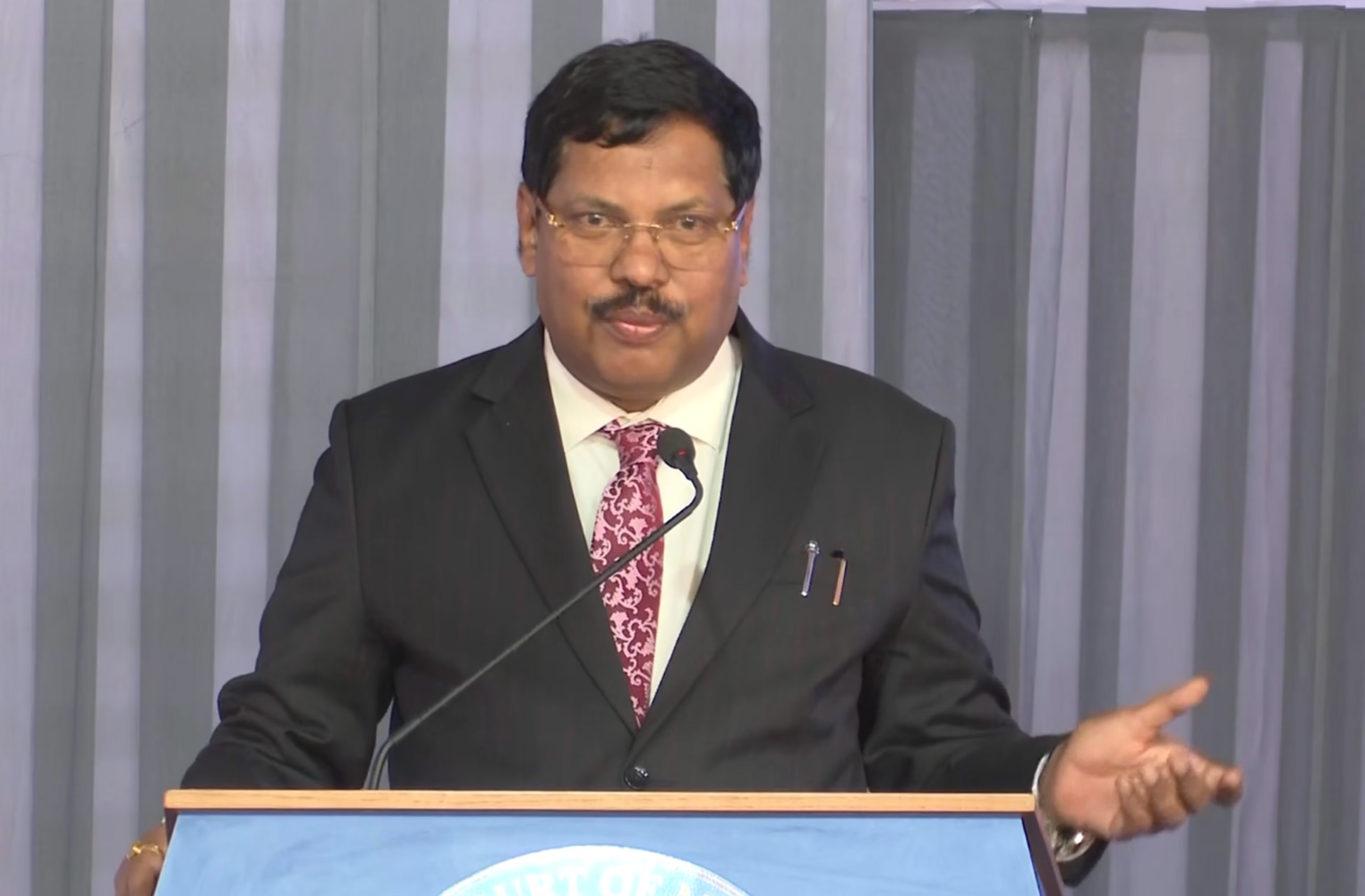Now Reading: Pakistan sought 48 hours, we finished job in 8: CDS Chauhan on Operation Sindoor
-
01
Pakistan sought 48 hours, we finished job in 8: CDS Chauhan on Operation Sindoor
Pakistan sought 48 hours, we finished job in 8: CDS Chauhan on Operation Sindoor

India’s swift response highlights operational readiness and strategic clarity in cross-border action
In a bold statement that drew national attention, Chief of Defence Staff (CDS) General Anil Chauhan remarked that Pakistan had sought 48 hours to respond, but India completed its objective within just 8 hours during the recently concluded Operation Sindoor. His remarks underscore the Indian Armed Forces’ growing emphasis on rapid, decisive action in high-risk military operations.
Operation Sindoor: A Tactical Success
Launched in response to specific intelligence inputs regarding cross-border threats, Operation Sindoor was executed with precision by Indian special forces. According to official accounts, the mission was aimed at neutralizing high-value terror targets in a hostile zone near the Line of Control (LoC).
Within just eight hours, Indian forces successfully completed their objective with minimal collateral damage, marking the operation as a tactical and logistical success. The swift turnaround became a point of discussion within military and strategic circles across the country.
Pakistan’s Request and India’s Response
CDS Chauhan, while addressing a gathering in New Delhi, revealed that Pakistan had informally requested 48 hours to address India’s concerns. However, Indian authorities decided to proceed independently, reflecting a shift in India’s strategic posture—less tolerance for delay and more focus on action.
The disclosure was made in the context of India’s evolving defence doctrine that prioritizes time-sensitive, intelligence-led responses over extended diplomatic back-and-forth, especially when national security is involved.
Message to the Region
The remarks from the CDS are being viewed as a clear signal to hostile actors in the region. For policymakers and defence analysts, the takeaway is India’s growing capability for surgical, limited-duration strikes that are both effective and politically calibrated.
For citizens in Tier-2 and Tier-3 cities—where the Armed Forces enjoy high regard—the operation reinforces the idea that India is capable of protecting its interests proactively, without depending on lengthy diplomatic procedures.
Political and Public Reactions
While official political reactions have remained measured, the operation has triggered a wave of public discourse, especially across social media platforms and regional news forums. Debates have emerged over the broader implications for Indo-Pak relations, India’s military doctrine, and whether this marks a new phase of engagement.
Experts have called for greater transparency on cross-border operations, though many agree that speed and efficiency, as demonstrated in Operation Sindoor, are now a critical part of modern military planning.
A Shift in Strategy
General Chauhan’s comments point to a strategic transition—from reactive diplomacy to proactive defence. While India has traditionally relied on international engagement and backchannel negotiations, the new approach suggests that time-sensitive national interests may now override diplomatic lag.
This is especially relevant in today’s security landscape, where emerging threats require fast, coordinated responses, often before adversaries have the chance to regroup.
Conclusion
Operation Sindoor, and the CDS’s remarks surrounding it, reflect India’s sharpened military edge and strategic assertiveness. As regional dynamics evolve and national security threats become more complex, the message is clear: India is prepared to act swiftly, and decisively—with or without external coordination. For citizens, especially in Bharat’s heartland, it signals a confident, capable defence posture ready to meet the challenges of a new era.

























